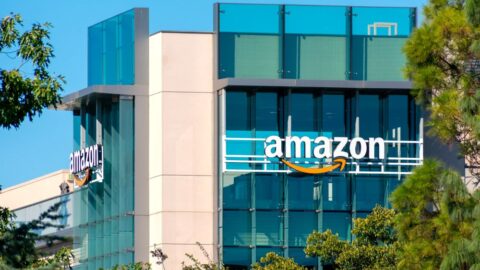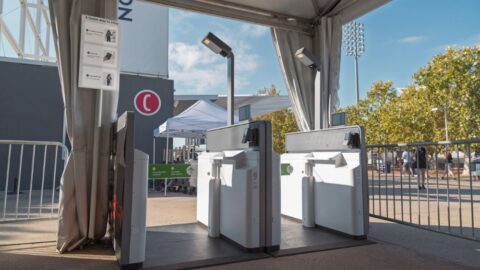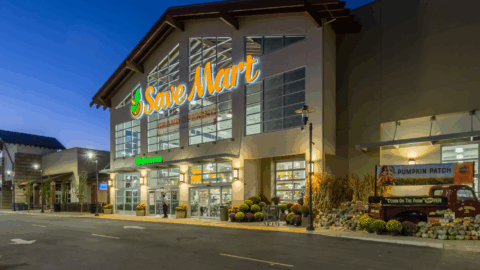Amazon entered Brazil six years ago, but the e-Commerce giant’s rollout has been slower than in other markets, according to Reuters. The retailer is starting to boost its operations in the country, but it will need to compete with deep-rooted competitors, such as Magazine Luiza, for its share of the market.
Executives, analysts and investors compared the current Brazilian e-Commerce market to the U.S. market a decade ago, with the crucial difference that competing services have been given a chance to prepare. Rival e-Commerce retailers have already taken steps to speed up delivery, improve customer loyalty and form partnerships with third parties.
Brazilians spent $14.5 billion on e-Commerce in 2017, according to Pag Brasil. The country represents 42% of all e-Commerce shoppers in Latin America.
Along with Magazine Luiza, Amazon is facing fierce competition from B2W Cia Digital and MercadoLibre, the e-Commerce market leader in the country of 200 million. Additionally, people familiar with the matter told Reuters that Google has helped retailers prepare for Amazon’s assault by briefing Brazilian clients on how it has expanded in other markets.
B2W is backed by firms such as 3G Capital, and has spent heavily on logistics, a third-party marketplace and integrating operations with its brick-and-mortar parent Lojas Americanas SA. MercadoLibre has improved its delivery speed with a service similar to “Fulfillment by Amazon,” while Magazine Luiza has a physical base of 800 stores.
Amazon is looking at a major warehouse outside Sao Paulo, which would significantly boost its presence in Brazil. Additionally, the e-Commerce giant is negotiating a nationwide air cargo deal with Azul Linhas Aéreas Brasileiras.
E-Commerce Growth Continues Throughout Latin America
While Chile is much smaller than Brazil, with a population of just 18 million, the country accounts for an outsized share of the Latin American e-Commerce market at 9%, according to Nathan Lustig, managing partner at Magma Partners. Chilean online sales reached $3.7 billion in 2017, and are expected to grow 35% in 2018.
Unlike Brazil, the country is dominated by major e-Commerce retailers such as Amazon, Walmart and Alibaba. The market has plenty of room to grow, particularly in mobile: while 45% of Chileans own a smartphone, only 15% to 20% make online purchases using mobile devices.
The country features its own version of Cyber Monday called Cyber Day, which is held in late May. Cyber Day 2017 saw site visits grow 24% compared with 2016, reaching 45 million shoppers, while sales hit $145 million.
The Argentinian e-Commerce market is valued at $7.8 billion and growing, according to Diego Urfeig, Executive Director of the Argentine Chamber of E-Commerce in an interview with Xinhua. Approximately half of the country’s 44.6 million residents have made an e-Commerce purchase within the past six months, and the number of online transactions grew 52% in 2017.
The expansion of mobile commerce options is one of the growth drivers for e-Commerce in Argentina, according to Urfeig. While mobile sales only account for 20% of the total, the share is on the rise.
One hurdle being faced by e-Commerce retailers in all three countries is logistics: Chile ranks 42nd in the world for delivery logistics, while Argentina ranks 60th and Brazil ranks 65th. This gives an advantage to retailers like Magazine Luiza, which uses its stores as delivery hubs. CEO Frederico Trajano considers every store “a free distribution center.”












